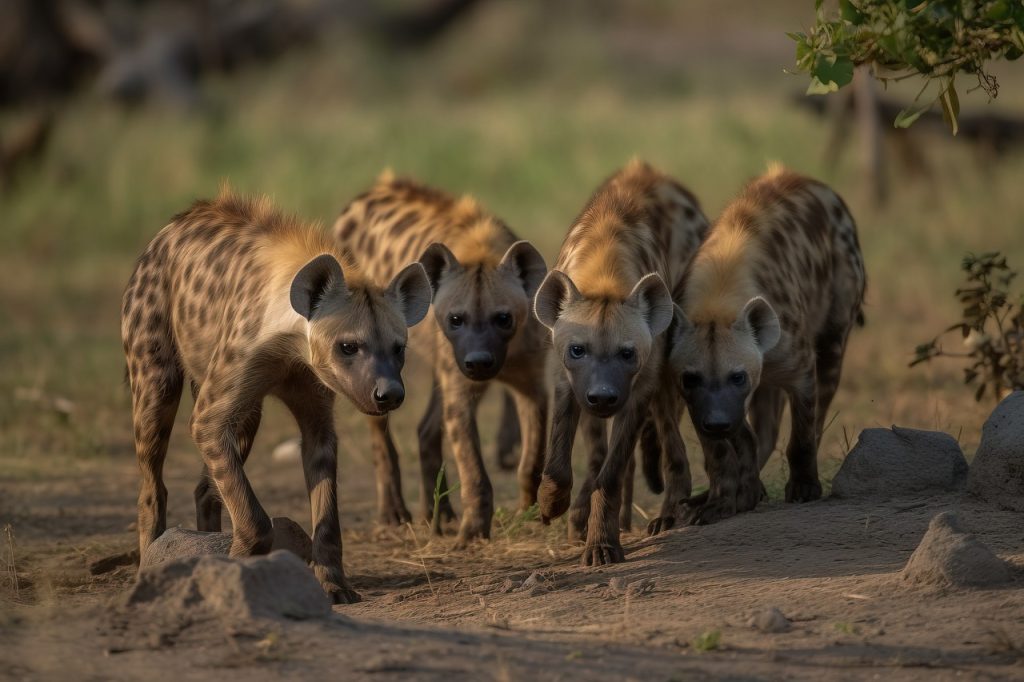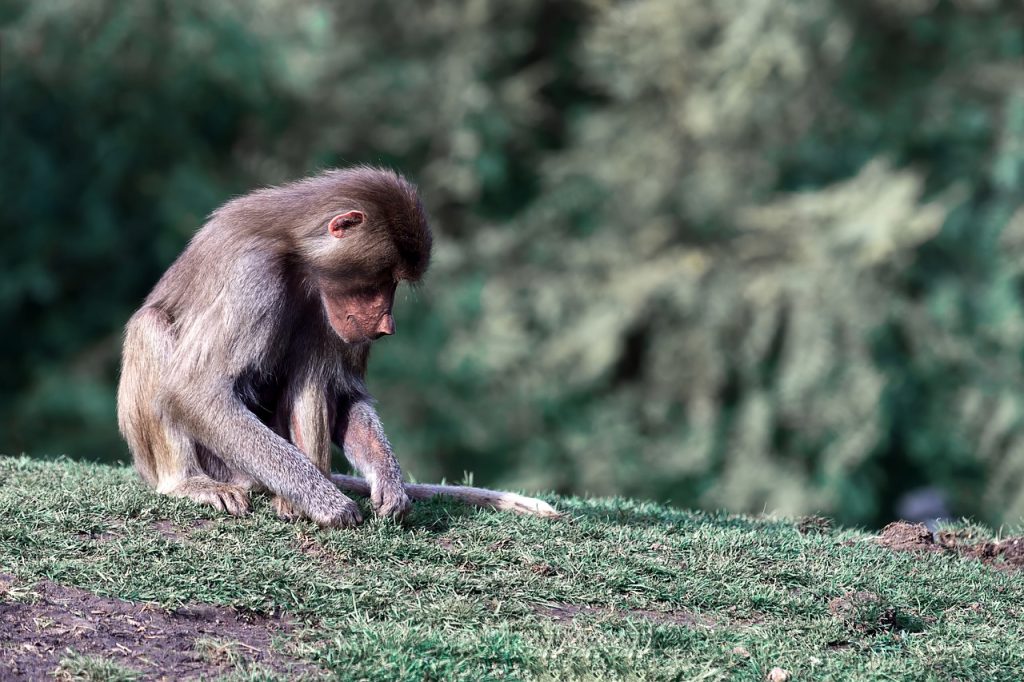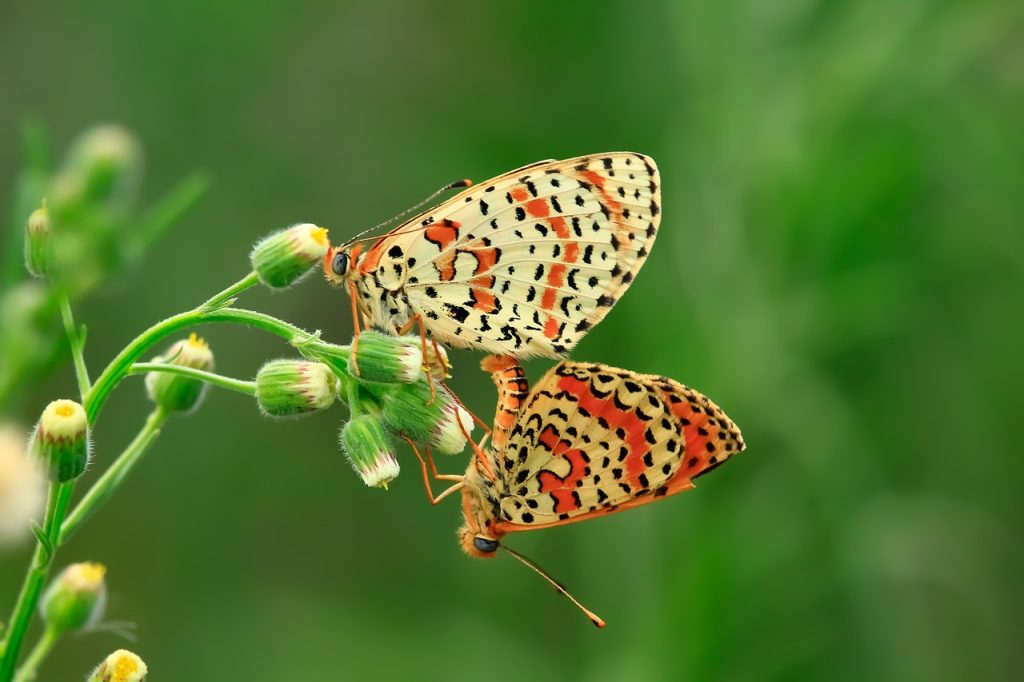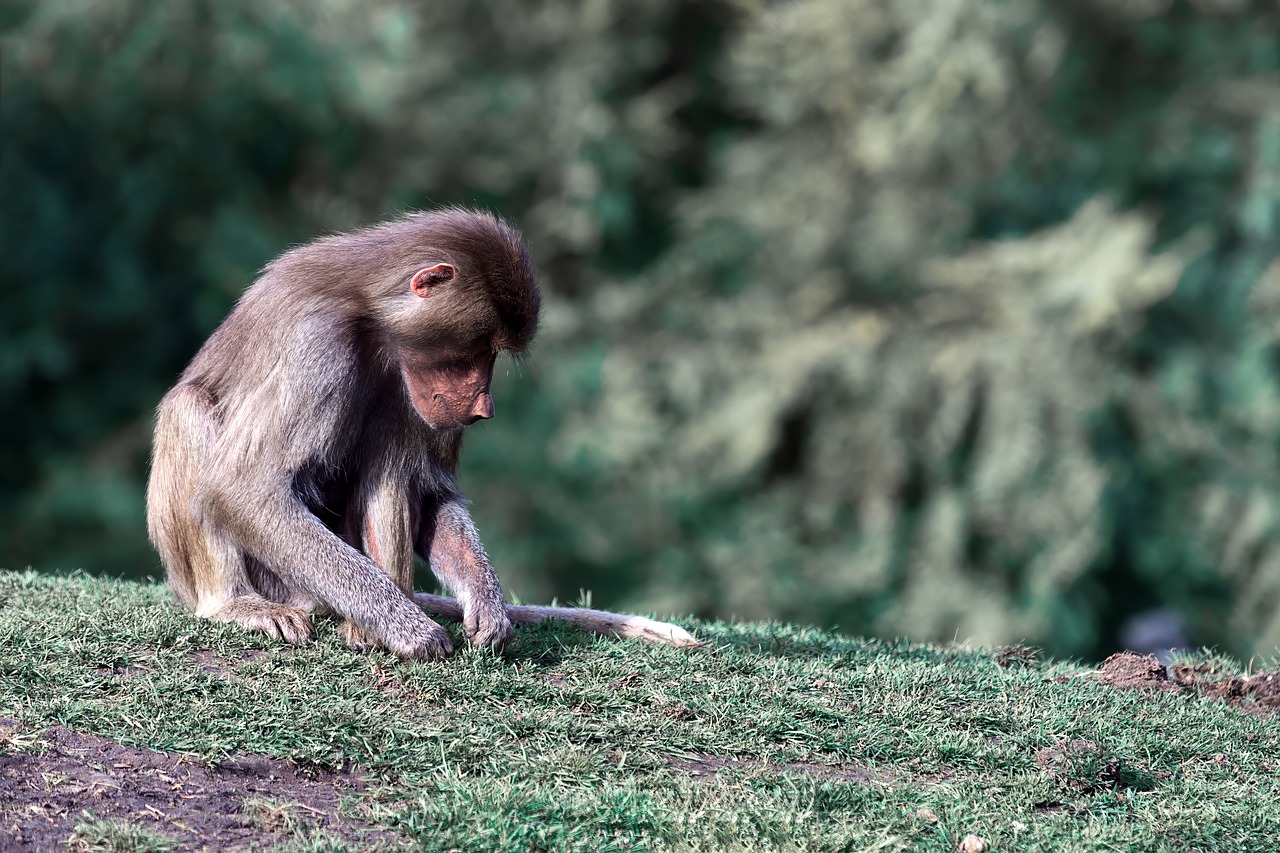Ever wondered just how long little lion cubs stick by their regal moms? Well, prepare to be amazed by the intricate bond between these majestic creatures. Lion cubs typically remain under the nurturing care of their mothers for approximately two to three years, which may surprise you considering their eventual place in the wild. This remarkable period of maternal guidance allows the young cubs to learn vital survival skills and gradually transform into fierce and independent predators. So, let’s embark upon a journey to discover the fascinating world of lion cubs and gain a deeper understanding of their gradual separation from their fierce, yet loving, mothers.
Typical Duration
As a lion cub, your time with your mother is divided into several distinct stages, each with its own duration and significance in your development. Let’s explore each stage in detail.
First Weeks of Life
Birth
The first weeks of your life as a lion cub are crucial for your survival. When you’re born, you’re blind and helpless, relying entirely on your mother for care and protection. Your mother carefully selects a safe spot, such as dense vegetation or a secluded den, to give birth, ensuring your safety from potential predators.
Maternal Bonding
During this period, your mother forms a strong bond with you. She will clean you, nuzzle you, and help you establish a secure attachment. This bonding process fosters a sense of security and lays the foundation for your future social interactions within the pride.
Remaining Hidden
To keep you safe from predators, your mother keeps you hidden away from prying eyes during these first weeks of life. She will often leave you alone for short periods to hunt and replenish her own energy, ensuring she can provide enough milk for your nourishment.
Limited Mobility
As a young cub, you have limited mobility and are dependent on your mother’s constant presence. Your undeveloped muscles and lack of coordination make it difficult for you to venture far from the safety of your den. This limited mobility also serves as a defense mechanism, reducing the risk of attracting unwelcome attention.

Nursing Period
Feeding Habits
During the nursing period, which lasts for about three months, you rely exclusively on your mother’s milk for sustenance. Your mother will nurse you frequently, typically every few hours, to ensure you receive the necessary nutrients for your growth and development. The nursing period is crucial for your physical and cognitive development, providing essential antibodies and enzymes.
Milk Composition
Your mother’s milk is specially formulated to meet all your nutritional needs. It contains high levels of fat and protein to support your rapid growth. Additionally, the milk is rich in antibodies that offer protection against diseases and infections, boosting your immune system during these vulnerable early months.
Frequency and Duration
The frequency and duration of nursing sessions gradually decrease as you grow older and begin to supplement your diet with solid food. At the beginning of the nursing period, you may nurse up to twelve times a day. As you get closer to the weaning stage, nursing sessions become less frequent, occurring around four to five times a day.
Solid Food Introduction
Transition to Solid Food
Around three months of age, your mother will gradually introduce you to solid food. Initially, she will bring partially consumed prey to the pride’s communal area, allowing you to observe and learn from other pride members. This observational learning is a crucial part of your development, helping you acquire the necessary skills to become a successful hunter in the future.
Observational Learning
As you observe pride members feeding on solid food, you begin to mimic their behavior. You’ll take an interest in sniffing and tasting the remains of the prey, slowly adapting to the texture and flavors of solid food. This transitional period marks an important milestone in your journey towards independence.
Supplemental Suckling
Although you start exploring solid food, your mother continues to allow you to suckle for a certain period each day. Supplemental suckling provides additional nourishment while you gradually transition to a diet predominantly composed of solid food. Your mother ensures you receive a balance of nutrients from both sources, optimizing your growth and development.

Dependence on Mother
Protection and Guidance
Even as you grow more independent, you remain dependent on your mother for protection and guidance. She will teach you important survival skills, such as hunting techniques and territorial boundaries, ensuring you can thrive in the challenging African savannah. Your mother’s presence and guidance are crucial for your overall development and safety.
Socialization with Pride
Your mother also plays an essential role in facilitating your socialization within the pride. She introduces you to other pride members, fostering relationships that will contribute to your future social interactions and hierarchy within the group. Learning to navigate the complex dynamics of the pride is vital for your long-term survival and reproductive success.
Developing Hunting Skills
As you grow older, your mother gradually involves you in hunting expeditions. Initially, you’ll observe from a safe distance, learning valuable tactics and strategies. Over time, you’ll actively participate in hunts, honing your hunting skills under your mother’s watchful eye. These hunting experiences are crucial for developing your ability to secure food independently.
Adolescence
Becoming Independent
As you reach adolescence, around two years of age, you begin your journey towards independence. This period is marked by increased exploration and the gradual detachment from your mother and the pride. You start venturing further from the pride’s territory, seeking your own space and establishing your identity as a young adult lion.
Dispersal Period
During adolescence, it becomes necessary for you to disperse from your natal pride to avoid inbreeding and territorial conflicts. You embark on a solitary journey, seeking out new prides or establishing your own territory. This period of dispersal can last anywhere from a few months to a couple of years, depending on various factors.

Separation
Natural Dispersal
The separation from your mother and the pride is a natural part of your lion life cycle. It allows for the expansion and diversification of gene pools within different prides, promoting genetic health and adaptability. While this separation may be emotionally challenging, it is essential for the long-term survival of lion populations.
Encounters with Other Groups
As you disperse and establish your own territory, you may encounter other lion groups. These encounters can range from peaceful to aggressive, depending on the dynamics between the different prides and individuals involved. Through these interactions, you learn valuable skills, such as negotiation and aggression management, which are vital for maintaining social balance.
Factors Affecting Duration
Various factors influence the duration of your time with your mother and the pride. Let’s explore some of these factors.
Pride Size
The size of the pride you belong to can impact the duration of your stay. In larger prides, where there are more adults available for protection, you may have more time to grow and develop before venturing out on your own. Conversely, in smaller prides, where resources and protection are limited, you may need to become independent at an earlier age.
Food Availability
The availability of food resources plays a crucial role in determining the duration of your dependence on your mother. If food is abundant within your pride’s territory, nursing and supplementary feeding can be sustained for a longer period, allowing you more time to develop and prepare for independence. However, in areas with limited food availability, you may need to become self-sufficient at an earlier age.
Survival Rate
The survival rate of cubs within your pride can also impact the duration of your time with your mother. In prides with high cub mortality, where the chances of survival are low, you may need to become independent earlier to increase your chances of survival. Conversely, in prides with lower cub mortality, you may have more time to stay with your mother and the pride before embarking on your independent journey.
In conclusion, as a lion cub, your duration with your mother and the pride is a carefully orchestrated process that ensures your growth, development, and eventual independence. From the first weeks of life to the separation and dispersal period, each stage contributes to your overall survival and success as a lion. The factors influencing the duration add complexity to the timeline, highlighting the adaptability of lions in response to their environment.


